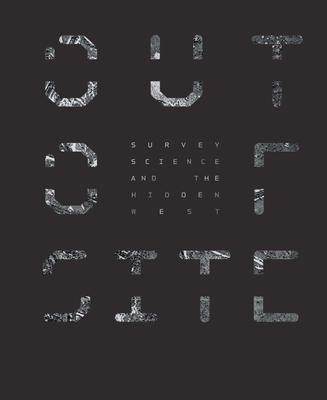Out of Site explores the invisible landscapes of the American West through the interwoven forces of art and technology over the past 170 years. This interdisciplinary project features an array of visual media, including historical, modern, and contemporary photography, that punctuate a series of essays by art scholars alongside first-person perspectives from artists working "in the field" today. Beginning with the survey era, the publication mines the use of wet-plate photography to penetrate the visible surface of the land to visualize the geological processes, mineral resources, and human histories that formed the foundation of the American empire. With the turn of the century, the relationship between sight and site grew increasingly remote, revealing patterns of large-scale industrial transformation, including the rise of nuclear technology and the American military-industrial complex. And with the modern use of long-range drones, satellites, and other adapted photographic technologies in the postwar years, new matrices of power and surveillance are revealed alongside the human and environmental fallout they often leave behind.
Contributors: William L. Fox, Mark Klett, Hillary Mushkin, Britt Salvesen, Kim Stringfellow, Jason Weems, and Will Wilson

Out of Site: Survey Science and the Hidden West
Out of Site explores the invisible landscapes of the American West through the interwoven forces of art and technology over the past 170 years. This interdisciplinary project features an array of visual media, including historical, modern, and contemporary photography, that punctuate a series of essays by art scholars alongside first-person perspectives from artists working "in the field" today. Beginning with the survey era, the publication mines the use of wet-plate photography to penetrate the visible surface of the land to visualize the geological processes, mineral resources, and human histories that formed the foundation of the American empire. With the turn of the century, the relationship between sight and site grew increasingly remote, revealing patterns of large-scale industrial transformation, including the rise of nuclear technology and the American military-industrial complex. And with the modern use of long-range drones, satellites, and other adapted photographic technologies in the postwar years, new matrices of power and surveillance are revealed alongside the human and environmental fallout they often leave behind.
Contributors: William L. Fox, Mark Klett, Hillary Mushkin, Britt Salvesen, Kim Stringfellow, Jason Weems, and Will Wilson